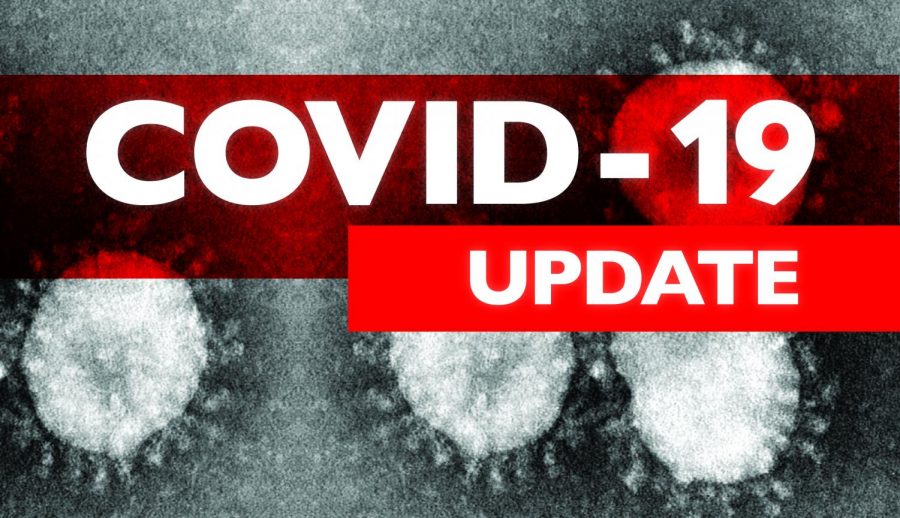New COVID-19 testing protocols and winter classes beginning online announced
November 3, 2020
New COVID-19 testing protocols, including the announcement of mandatory testing, and information on class modalities were sent to the student body in an email from President James L. Gaudino on Nov. 3. Most, but not all, of these changes will begin with winter quarter on Jan. 5, 2021.
During winter quarter, samples of the student community will be tested weekly “in a way that allows [CWU] to monitor—and respond to—any potential spread of the virus in the community,” according to the email.
The email did not specify whether students who live off-campus or who do not attend in-person classes would be included in the weekly testing samples.
Students will also now be required to test for COVID-19 upon returning to campus following winter break. The email specifies this testing is mandatory and may be done either at home or when students return.
If testing is done at home, the email specifies the test must be equivalent to the polymerase chain reaction (PCR) tests, better known as swab tests, used on campus. Results must be given to CWU within 72 hours of the student returning.
The email did not specify if students who live off-campus, did not leave Ellensburg for break or do not attend any classes in-person would be exempted from the mandatory return testing.
Exit testing, available to students on Nov. 12 and 13, is also being offered as students choose to leave Ellensburg at the end of the fall quarter. Exit testing is not mandatory, and interested students can sign up online.
“The goal of this effort is to provide students with information that allows them to better protect their families and friends,” the email reads.
All positive tests at the end of fall and the beginning of winter quarters will be handled in accordance with CWU’s current health and safety protocols.
Additionally, the email announced that all courses offered winter quarter will operate fully online for the first two weeks. Courses offered that necessitate in-person meetings will begin class meetings following the two-week online period.
Faculty will again be choosing the most appropriate modality for their courses, as they did for fall quarter.
According to the email, the ratio of in-person to online courses will likely remain the same as it was during fall.


